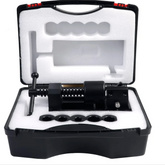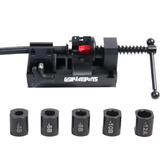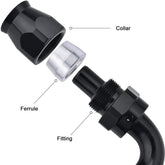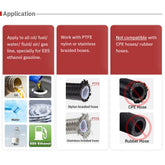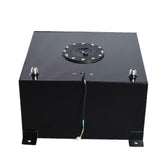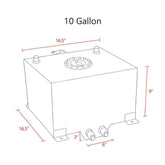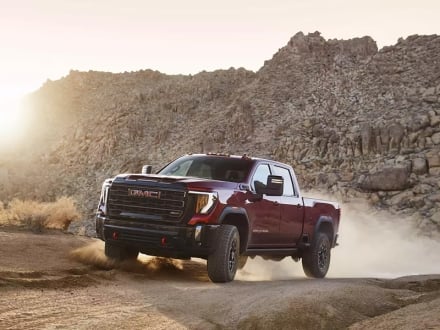Anti-roll bars are an essential part of your vehicle's suspension. Also known as anti-roll, anti-sway, stabilizer or anti-roll bars, anti-collision bars reduce body roll and "sway" of a vehicle. Not all vehicles have anti-roll bars, but they can be very useful, especially on larger vehicles like motorhomes and coaches.
To give you a better understanding, we'll take a look at what an impact rod is, what it does, and how to find out if you need to replace it. Let's take a deep dive!
What is a swing bar
A stabilizer bar is a component of a vehicle's suspension which includes wheels/tyres, springs, shock absorbers, steering, linkages, bushings and joints. New anti-roll bars help your steering handle turn and keep your body from leaning, which is the last thing you want when operating a motor coach or RV!
Essentially, a bumper bar is basically just a torsion spring—a piece of metal that responds to twisting motion. When your vehicle is cornering, the anti-roll bars come into play to keep everything level and eliminate the lean feeling you experience when cornering too fast.
The number and type of anti-roll bars in a car depends on the vehicle, so the actual anti-roll bars are connected across the body from one wheel to the other.
What does the swing bar do?
As mentioned above, the purpose of a crash bar is to prevent body tipping in the vehicle, usually caused by cornering. When a vehicle (especially a large vehicle such as a truck or bus) turns, forces are distributed across the surface (if you turn right, force and weight are naturally transferred to the left.) This often results in the surface tires lifting to the inside above the tires. However, with the bumper bars, the tires can be brought back to equal level, keeping the entire vehicle level.
Acting as torsion springs, the sway bar reacts to torsional movements (again, most commonly in corners) and keeps the wheels level. On the other hand, if both tires hit something with equal force, the bumper bar is not needed because no torsional motion will occur.
The most obvious reason why stabilizer bars are important is to ensure that your vehicle does not roll excessively when cornering. In addition to safety, car anti-roll bars also help prevent wheel alignment imbalances and contribute to better road grip overall.
Symptoms of a broken anti-roll bar
Now that you've briefly understood the importance of bumper bars, the question is "would you like to replace one?".
The easiest way to determine if you need your anti-roll bars replaced is to take your vehicle to a licensed mechanic. In the meantime, you should look out for rattling or clunking noises from the suspension (especially over bumps), poor handling, or loose wheels.
Anti-Roll Bars, RVS & Passenger Cars
Due to its size, the bus can lean a lot without bumpers. Driving an RV without crash bars is not only physically exhausting (large vehicle + lots of wind pushing you side to side = full body workout for the driver), it can be dangerous. So if you're planning to ride on the open road, a crash bar will usually help take some of the force off and provide a smoother, more enjoyable ride.
In the end, the question isn't whether you want a crash bar, but what kind of roll bar you want. A lot depends on personal preference. So, if you're not happy with the way your vehicle handles corners and strong winds, consider teaching your mechanic whether stiffer or more flexible anti-roll bars would be to your advantage!
GSTP is one of the largest online auto aftermarket parts suppliers in the US, our mission is to bring high quality auto parts to every corner of the world. Our goal is to provide every customer with the highest quality auto parts at the best price. Our high-quality products and professional services look forward to becoming your trusted brand of choice.

